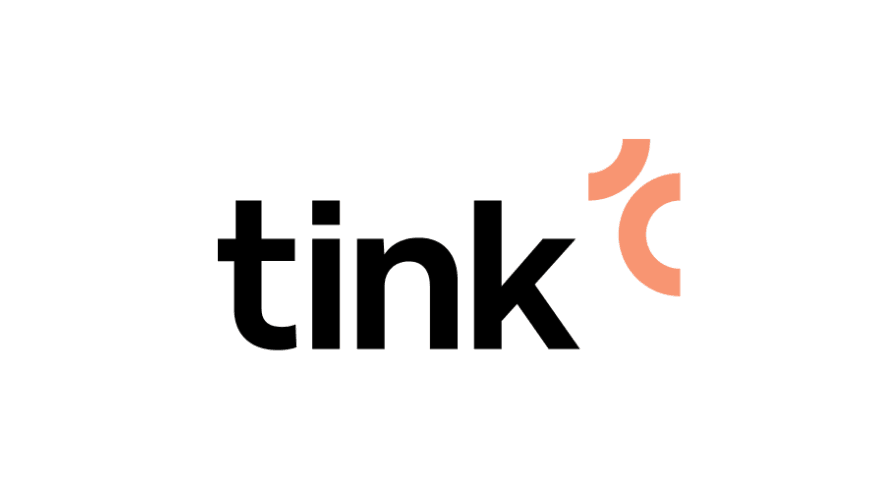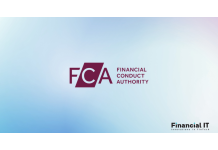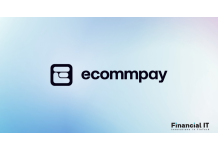TreviPay Launches Pay By Invoice For Issuers Enabled...
- 20.01.2026 01:35 pm
Regulators Give Clarity in Relation To Open Banking...
- 20.01.2026 12:45 pm
dLocal Partners with HONOR To Launch Localized...
- 20.01.2026 09:45 am
Capital.com Partners With Duco To Automate Payment...
- 20.01.2026 09:00 am
Merchant Rentals Signs Strategic Partnership With EIT...
- 20.01.2026 08:45 am
Revolut To Enable Frictionless Checkout Across All...
- 19.01.2026 12:25 pm
Seamless Payments From Ecommpay And NORBr Help...
- 19.01.2026 12:05 pm
Akurateco And Aquanow Join Forces To Power the Next...
- 19.01.2026 12:05 pm
Kesheni Moodley Joins Paymentology To Drive Growth...
- 19.01.2026 10:35 am
Network International And Flydubai Enhance Passenger...
- 19.01.2026 09:35 am
TrueLayer Partners With bet365
- 19.01.2026 08:55 am
Paysafe And Pay.com Launch Strategic Partnership
- 19.01.2026 08:35 am






















